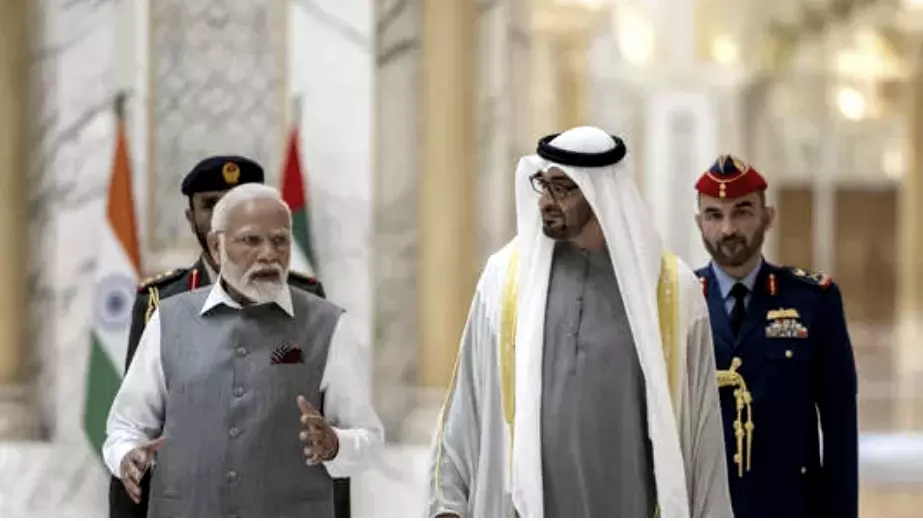TRENDING TAGS :
India, UAE to boost engagement in technology transfer
The two countries will also seek to strengthen the supply chain resilience of industries, focusing on renewable and energy efficiency, health and life sciences, space systems, artificial intelligence, and Industry 4.0 enabling technologies.
India and the United Arab Emirates (UAE) have agreed to collaborate “in sharing and development of industries and advanced technologies” amid an ongoing drive by the two nations to increase their volume of bilateral trade and investment.
The agreement to boost cooperation in industries and advanced technologies was signed in Abu Dhabi on Thursday by India’s Ministry of Commerce and Industry and the UAE’s Ministry of Industry and Advanced Technology on the sideline of the 11th meeting of the UAE-India High Level Joint Task Force on Investments.
The agreement seeks to promote bilateral investments, technology transfer, and deployment of key technologies in industries through increased industrial and academic collaboration, joint research and development projects, knowledge and capability exchange protocols, and sharing of science and technology policies.
The two countries will also seek to strengthen the supply chain resilience of industries, focusing on renewable and energy efficiency, health and life sciences, space systems, artificial intelligence, and Industry 4.0 enabling technologies.
Terming the development a “game changer” in terms of “integrating the business and economies” of the two nations, India’s Commerce and Industry Minister Shri Piyush Goyal predicted that these “milestone decisions” will help Indian businesses flourish in the UAE. This, in turn, will help New Delhi attract more investment, he believes.
During the meeting of the task force, the countries reviewed the progress made on the implementation of the Comprehensive Economic Partnership Agreement (CEPA) between the UAE and India, which came into force in May 2022.
The CEPA has helped reduce tariffs on more than 80% of product lines, eliminate barriers to trade and create new pathways for investment and joint ventures, the Ministry of Commerce and Industry noted in its statement. In the first 12 months of the CEPA, bilateral non-oil trade surpassed $50 billion, representing growth of 5.8% over the same period the year before.
Indian Prime Minister Narendra Modi and UAE President Sheikh Mohammed bin Zayed Al Nahyan envisioned achieving a target of $100 billion turnover in non-petroleum products by 2030, up from the present $48 billion.



